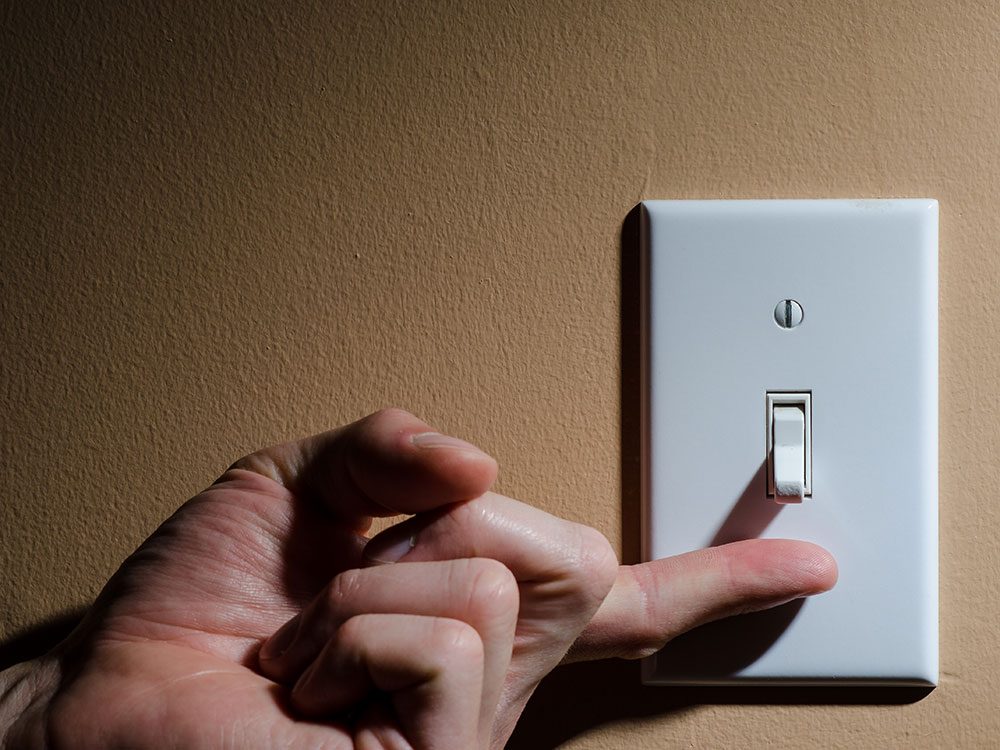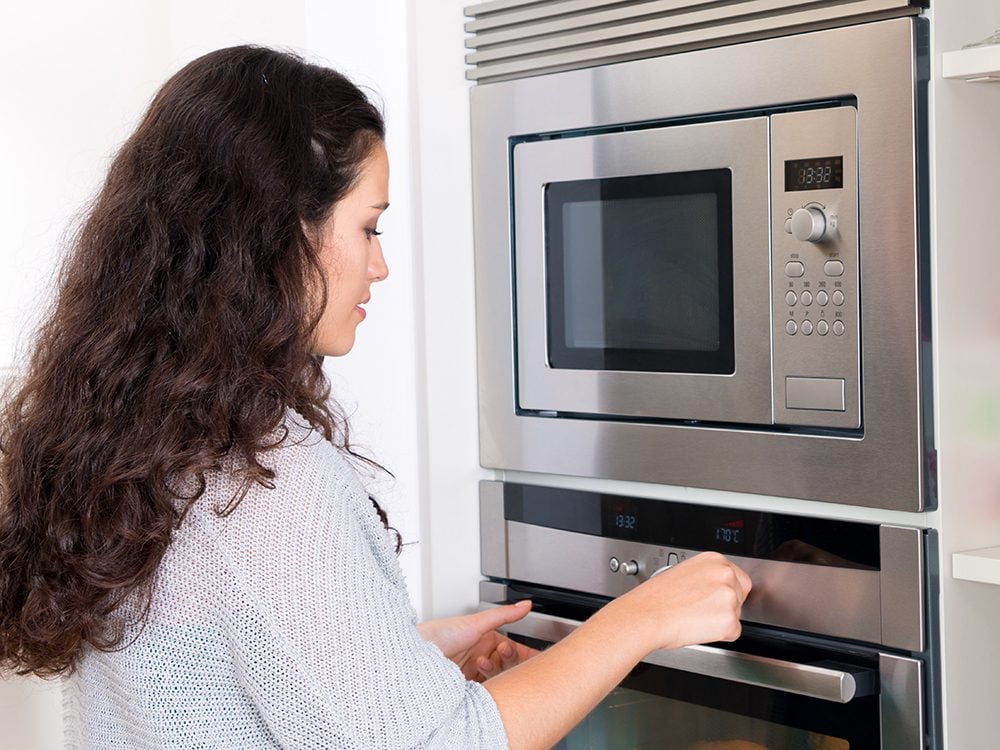
1. A realtor can help with apartment hunting.
In most urban markets across Canada, realtors play a huge role not only in the buying and selling of properties, but in apartment hunting as well. According to Toronto-based real estate agent Jennifer Reyes, would-be renters can work with a realtor to explore the rental properties on REALTOR.ca, as well as additional listings that aren’t available to the general public. And-for the renter, anyway-that expert assistance is completely free! The realtor does the legwork in tracking down the rental properties that suit your pre-set criteria, and, once you’ve found the apartment of your dreams, the new landlord foots the bill. Talk about a win-win situation!

2. It pays to be proactive.
Reyes suggests preparing paperwork the minute you start apartment hunting. With all of the necessary documents ready to go, you’ll save precious time once you’ve found the perfect rental. “Have an employment letter handy,” Reyes says. “If you’re self-employed, bring your notice of assessment instead.” It’s also good to perform your own credit check to save the landlord from having to do it. As a bonus, Reyes recommends preparing your own rental application-a sample of which you can download here. Why? Because it’ll impress your future landlord, that’s why!

3. Be on the lookout for red flags.
On a super-tight budget? Don’t be taken in by a rental property’s too-good-to-be-true price tag. Reyes stresses the importance of checking what’s included in the rent. Chances are, that bargain-basement rent doesn’t cover utilities like electricity or gas. What’s more, is a designated parking spot included in the rent? If not, that’s another cost that might have to be factored in.
Although it probably makes you itch just thinking about it, you should probably check the rental property on the Bed Bug Registry, too. If a previous tenant has reported the creepy little life-ruining bugs before, chances are high it’s been reported on the website. From there, you’ll be able to tell if the infestation has been taken care of or ignored by the landlord.

4. Get it in writing.
Reyes recommends examining all major appliances to ensure they’re in proper working order. “It’s important to do a thorough inspection so you don’t get dinged for damage caused by previous tenants,” she says. If you find any of the appliances aren’t functioning at 100 per cent, it’s essential that the landlord agrees to any repairs or replacements-in writing.

5. Know your rights as a tenant.
It may sometimes feel like the landlord holds all the cards in the landlord-tenant relationship, but there’s legislation in place to protect you. “Read over your province’s Residential Tenancies Act,” advises Reyes, who notes that as these acts are provincially legislated, they vary subtly across the country. One thing remains fairly constant, however: “As long as you’re paying your rent, your rights are secure,” she says.